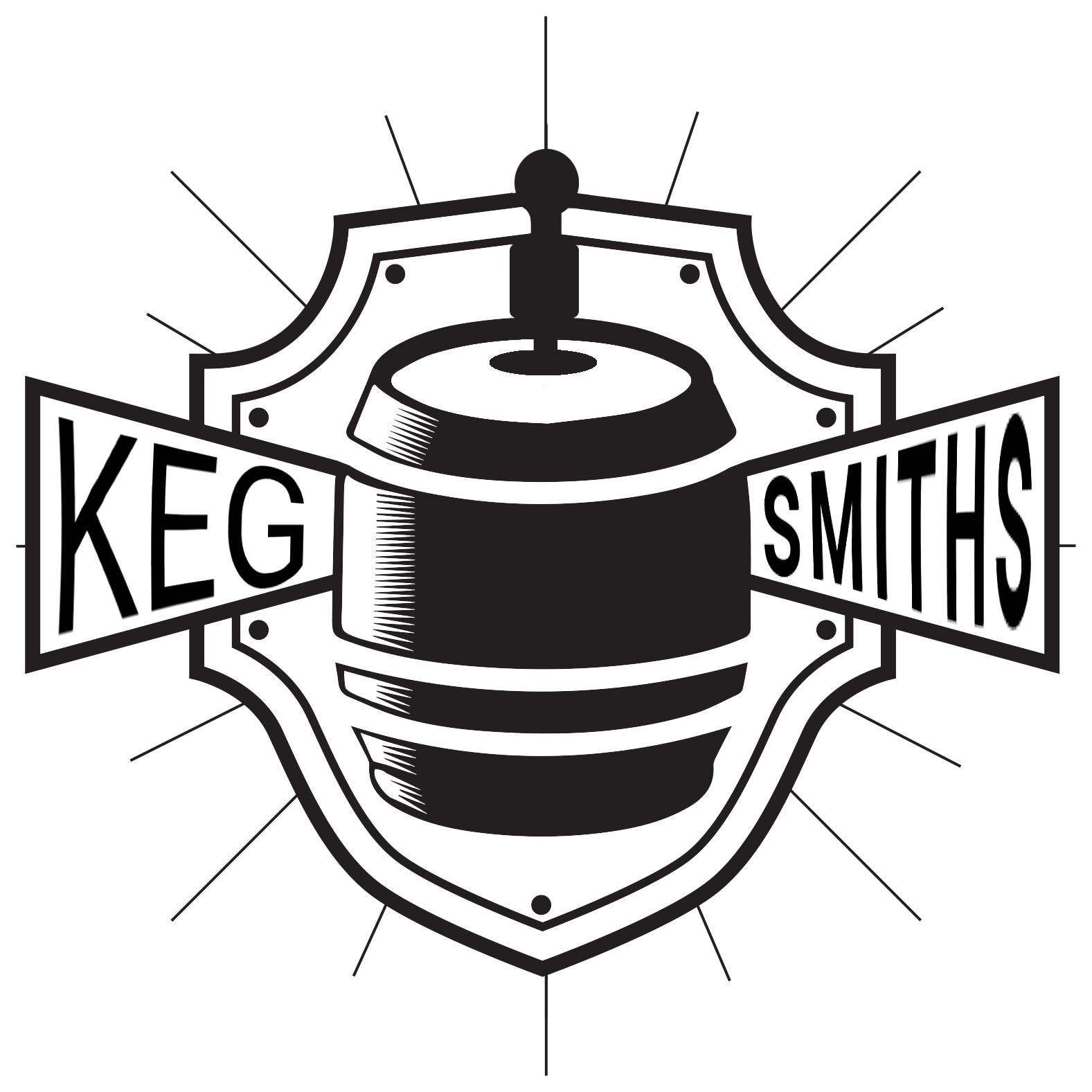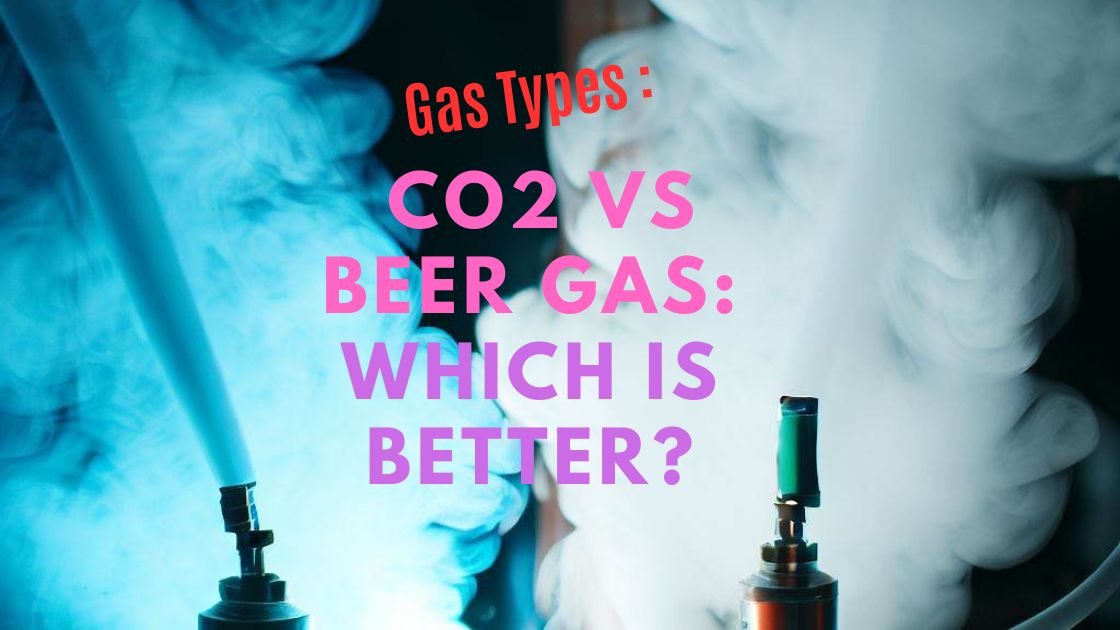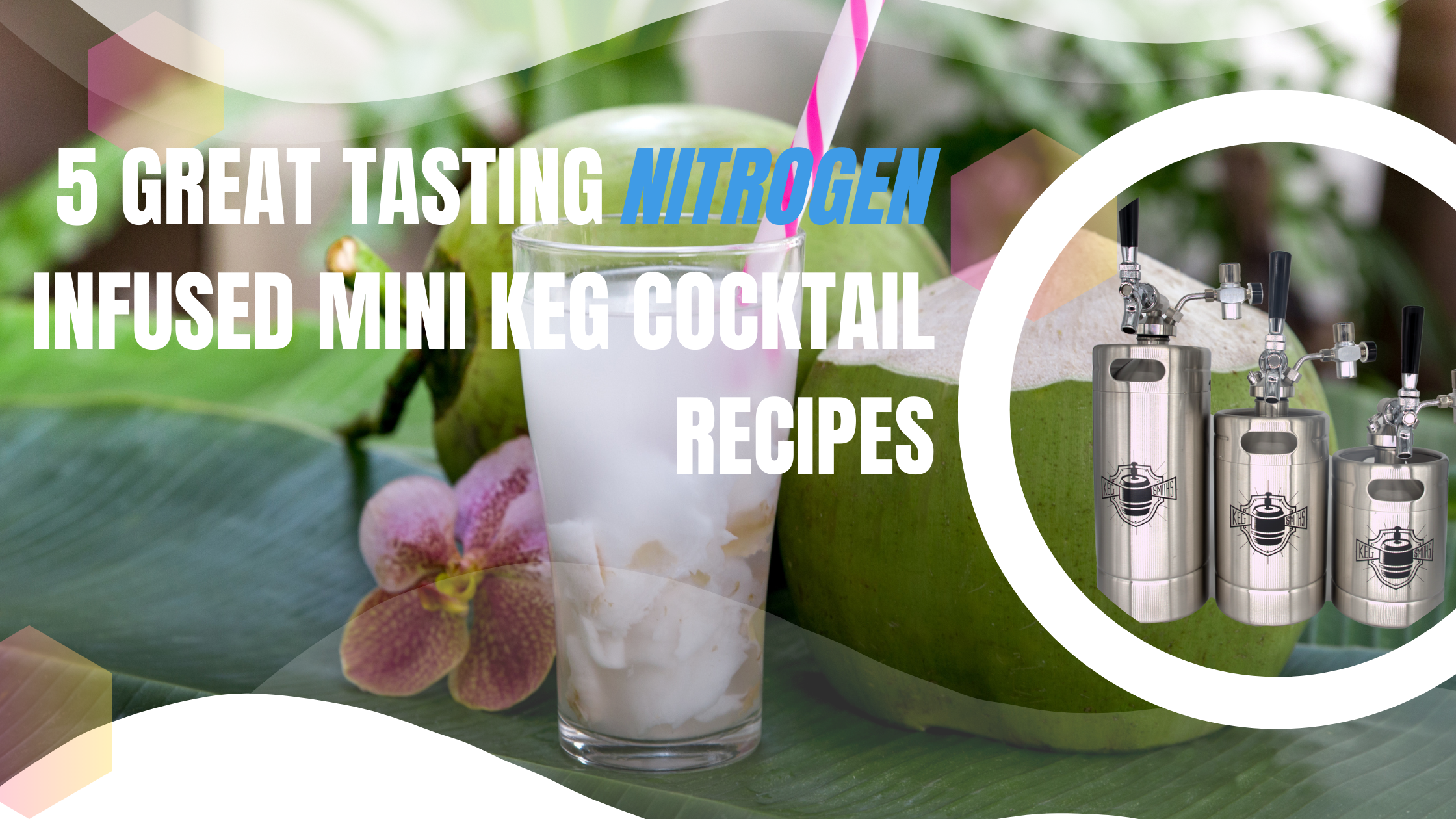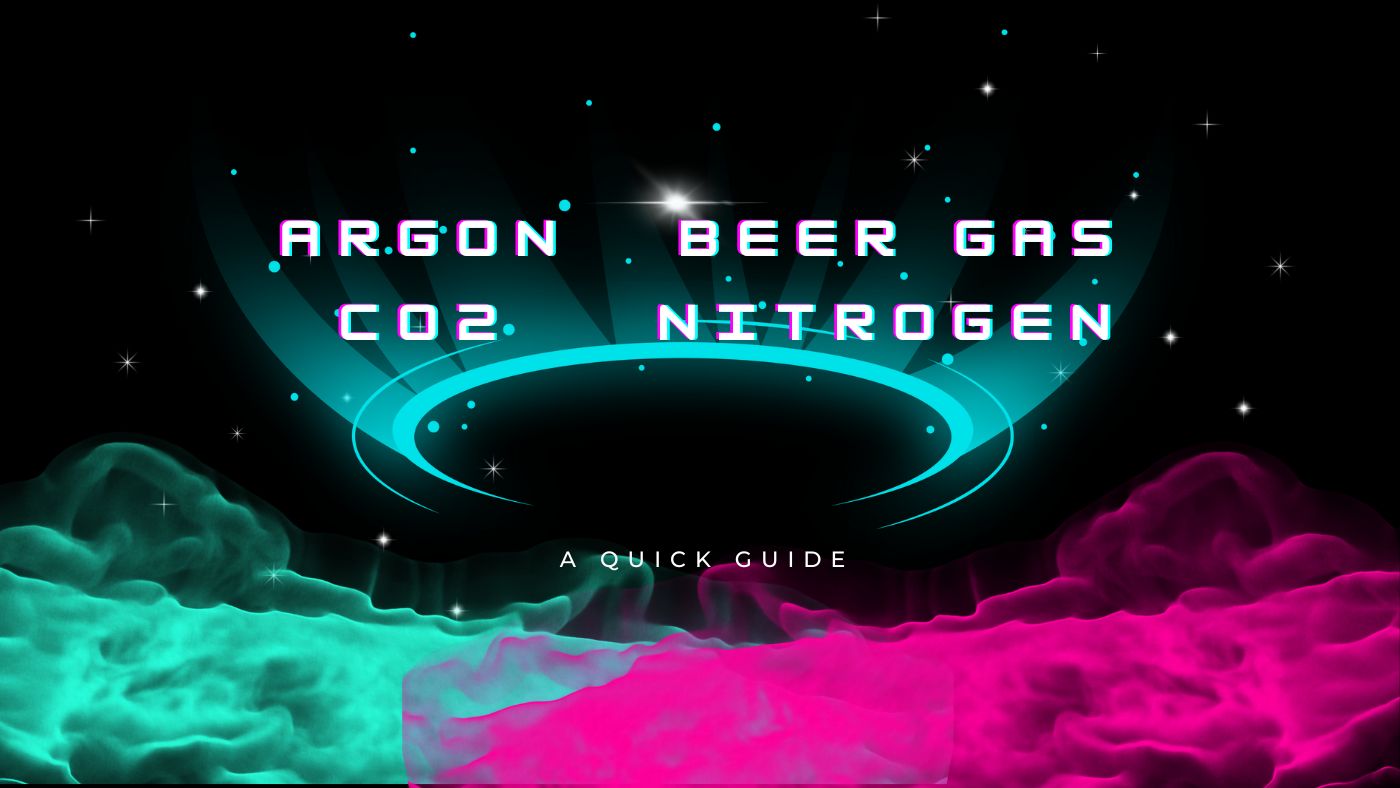Table of Contents
Introduction
Before we dive into the nuances of brewing with CO2 and Beer Gas, let's start with the basics. What exactly are these gases, and why are they so crucial in the beer brewing process?
Definition of Gases
CO2
Carbon Dioxide, commonly known as CO2, is a naturally occurring gas that is an essential component in the beer brewing process. CO2 is responsible for creating the bubbles in beer, giving it the characteristic fizziness that beer lovers worldwide appreciate.
Beer Gas
Beer Gas, on the other hand, is a mixture of carbon dioxide (CO2) and nitrogen (N2). This blend is typically 70% nitrogen and 30% CO2. The nitrogen component gives beer a creamy texture and a thick, long-lasting head.
Difference Between CO2 and Beer Gas
When it comes to brewing, CO2 and Beer Gas offer different experiences. Here's how:
CO2
CO2 provides a crisp taste and is excellent for carbonating most types of beer. It's also responsible for maintaining beer's acidity, which helps keep it fresh for a more extended period.
Beer Gas
Beer Gas, with its nitrogen component, results in a smoother and creamier beer. It's ideal for certain types of beers, such as stouts and porters, that benefit from this unique texture.
Uses of Gases in Brewing
Both CO2 and Beer Gas have essential roles in brewing, but they're used in different ways.
CO2
CO2 is the go-to gas for carbonating beer and maintaining its freshness. It is also used during the packaging process to purge oxygen from bottles or cans before sealing them, as oxygen can ruin beer's taste and shorten its shelf life.
Beer Gas
Beer Gas, thanks to the nitrogen component, is typically used to dispense beer from kegs, especially when serving "nitro" beers or those requiring a more substantial foamy head.
Advantages of Using Gases in Brewing
Each gas has distinct advantages when used in brewing.
CO2
CO2 is essential for maintaining the taste and longevity of beer. Without it, beer would be flat and unappetizing. Plus, it's widely available and relatively inexpensive.
Beer Gas
Beer Gas offers a unique taste and texture, setting certain beer styles apart. It enhances the visual appeal of beer with its thicker, creamier head, adding another layer to the drinking experience.
Disadvantages of Using Gases in Brewing
Despite their benefits, these gases do have some drawbacks when it comes to brewing.
CO2
Too much CO2 can over-carbonate the beer, making it overly fizzy. Plus, exposure to high concentrations of CO2 can pose safety risks.
Beer Gas
The use of Beer Gas can complicate the brewing process because it requires special equipment and careful handling. Plus, not all beers benefit from the effects of Beer Gas.
CO2 vs Beer Gas: Which is Better?
When determining which gas is better, it boils down to the beer style and personal preference.
Quality
Both gases can produce high-quality beer, but the texture and taste will be different.
Taste
If you prefer a fizzy and crisp beer, CO2 is the way to go. However, if you like your beer smooth and creamy, Beer Gas will be your choice.
Safety Measures for Using Gases
When choosing the right gas for your brewing, consider factors like the beer style you're brewing, the equipment you have available, and your personal preferences.
Safety Measures for Using Gases
Both CO2 and Beer Gas require careful handling and storage to ensure safety.
Overview of Optimal Brewing
Both CO2 and Beer Gas contribute to optimal brewing in their unique ways. CO2 adds fizz and preserves freshness, while Beer Gas enhances the texture and aesthetic appeal of certain beer styles.
Uncovering the Secret to Optimal Brewing
The secret to optimal brewing lies in understanding the unique qualities of these gases and how they contribute to the final product.
CO2 and Beer Gas in Different Types of Beer
Whether you're brewing an ale, lager, or stout, the choice between CO2 and Beer Gas can significantly impact your beer's taste, texture, and overall appeal.
Conclusion
In the end, whether CO2 or Beer Gas is better depends on your specific brewing needs, the beer style, and your taste preferences. Both gases have their advantages and disadvantages, but both play crucial roles in creating delicious, high-quality beers.
FAQs
-
Can I use both CO2 and Beer Gas in brewing? Yes, many brewers use both gases for different stages of the brewing process.
-
Is one type of gas more cost-effective than the other? Generally, CO2 is cheaper and more widely available than Beer Gas.
-
Can I switch between using CO2 and Beer Gas? Yes, but remember that the gas you use will affect the beer's taste, texture, and appearance.
-
Are there safety concerns with using these gases? Yes, both gases should be stored and handled correctly to avoid accidents.
-
What's the perfect beer - CO2 or Beer Gas? There's no one-size-fits-all answer. The "perfect" beer depends on the individual's preference.




Leave a comment
This site is protected by hCaptcha and the hCaptcha Privacy Policy and Terms of Service apply.